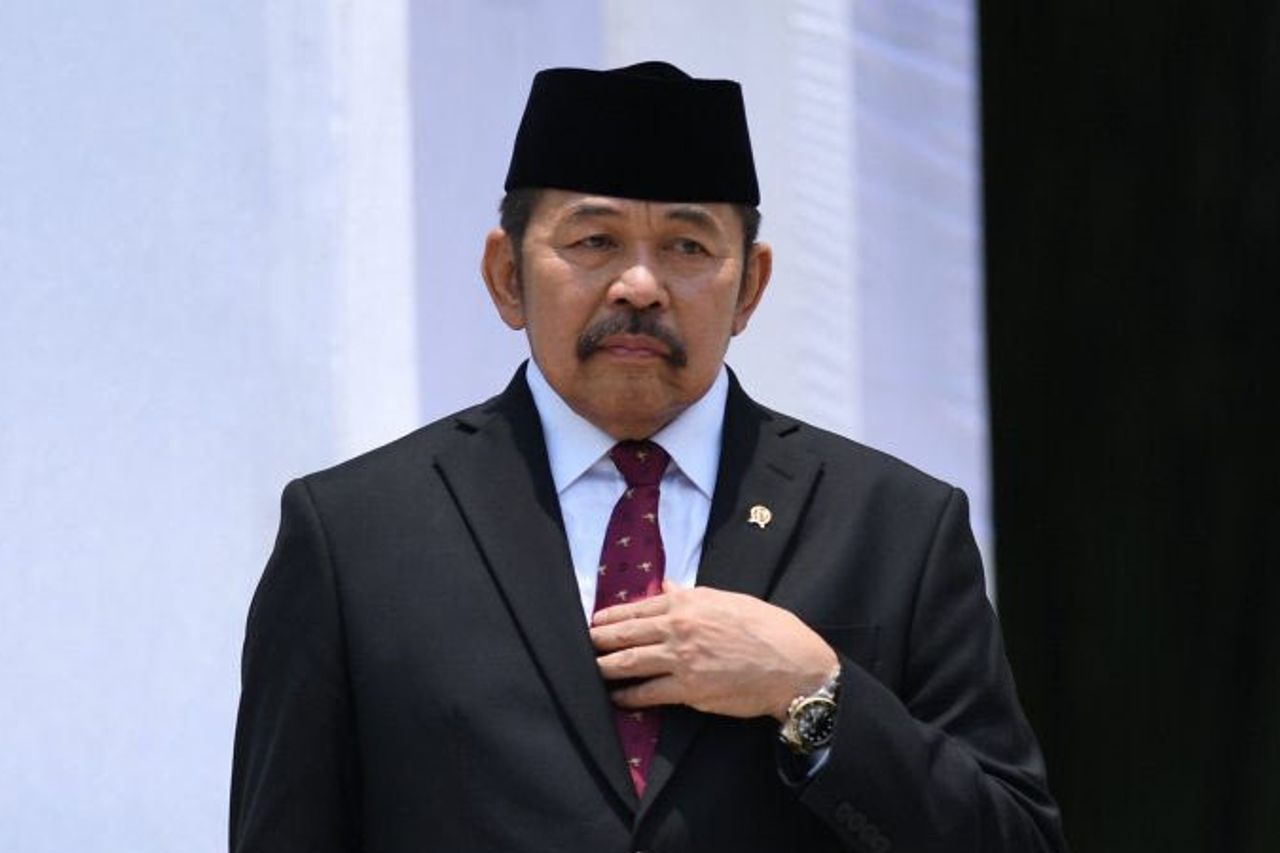For TII, The Attorney General Misguided, Refunding Corruption Money Doesn't Erase Crimes

JAKARTA - Manager of the Research Department of Transparency International Indonesia (TII) Wawan Suyatmiko said the application of restorative justice is not a solution to deal with corruption cases with state losses of less than Rp. 50 million.
This was conveyed in response to the statement of Attorney General ST Burhanuddin who said that his party was trying to make corruption crimes with small losses applied with restorative justice. This is because the investigation of such cases often consumes more budget than the losses incurred.
"Indeed, what is of concern is that corruption is small while the cost of handling cases is large. Now, the solution is not based on the principle of restorative justice which returns money from corruption, but returns to the rule where refunding state losses does not erase the crime," said Wawan to VOI, Wednesday, 9 March.
Wawan said that whatever restorative justice there were, there were only three, namely corporal punishment in the form of imprisonment, fines, and compensation.
"So that law enforcement in petty corruption cases can be carried out quickly, simply, and at low cost without eliminating the crime," he said.
Wawan assessed that granting pardons for perpetrators of corruption, even though the amount of loss to the state was small, was not a step forward. In fact, he called it the wrong way.
Moreover, the application of restorative justice is actually more appropriate if it targets minor crimes and is directly related to the people. Meanwhile, said Wawan, corruption is an extraordinary crime which the Corruption Law states that no matter how much damage it causes, it must be strictly punished.
"Giving pardons to perpetrators of corruption is a wrong effort and a setback from the discourse of eradicating corruption if it is associated with Indonesia's corruption perception index, which is still below the current world average," he concluded.
Anchovy Corruption is the Prosecutor General's TermAttorney General Sanitiar Burhanuddin is of the view that handling cases of criminal acts of corruption that have a relatively small loss value or under Rp. 50 million is a form of state loss that is carried out legally.
He gave an example of corruption cases that occurred especially in the eastern part of Indonesia, especially in the archipelago where the examination and trial process had to be carried out by land, sea, and air as well as to the provincial capital to hear corruption cases which were only relatively small in scale. , so that the operational costs incurred are not in accordance with the state losses to be saved.
"The handling of small-scale corruption cases is also not an achievement to be proud of, and sometimes it tends to be unacceptable to the public," said Burhanuddin when he was a keynote speaker in a public discussion themed "Restorative Justice: Does Rp50 million of Corruption Need to be Imprisoned?" reported by Antara, Tuesday, March 8
The Attorney General's Office strives for criminal acts of corruption with small losses to be applied with restorative justice. The Prosecutor's Office has issued Prosecutors' Regulation Number 15 of 2020 concerning Termination of Prosecution Based on Restorative Justice, which was promulgated on 22 July 2020. This Prosecutor's Regulation Number 15 of 2020 is the first regulation under a law that applies the principle of restorative justice.
The prosecutor stated that in the context of eradicating corruption, it is possible that the application of restorative justice can be applied to perpetrators of corruption whose actions are not related to state financial losses or related to state financial losses, but with a small nominal loss.
Burhanuddin added that the imposition of criminal sanctions, especially imprisonment, is not an attempt to retaliate, but a process of correctional education and deterrence which aims to make the perpetrators aware of their mistakes, so that sentencing is a last resort.
Criminal sanctions do not always have to be imprisonment. There are several other sanctions that can be applied by the perpetrators of the “anchovy class” corruption crime, for example by criminal sanctions that are appropriate, revocation of certain rights, or confiscation of goods.
